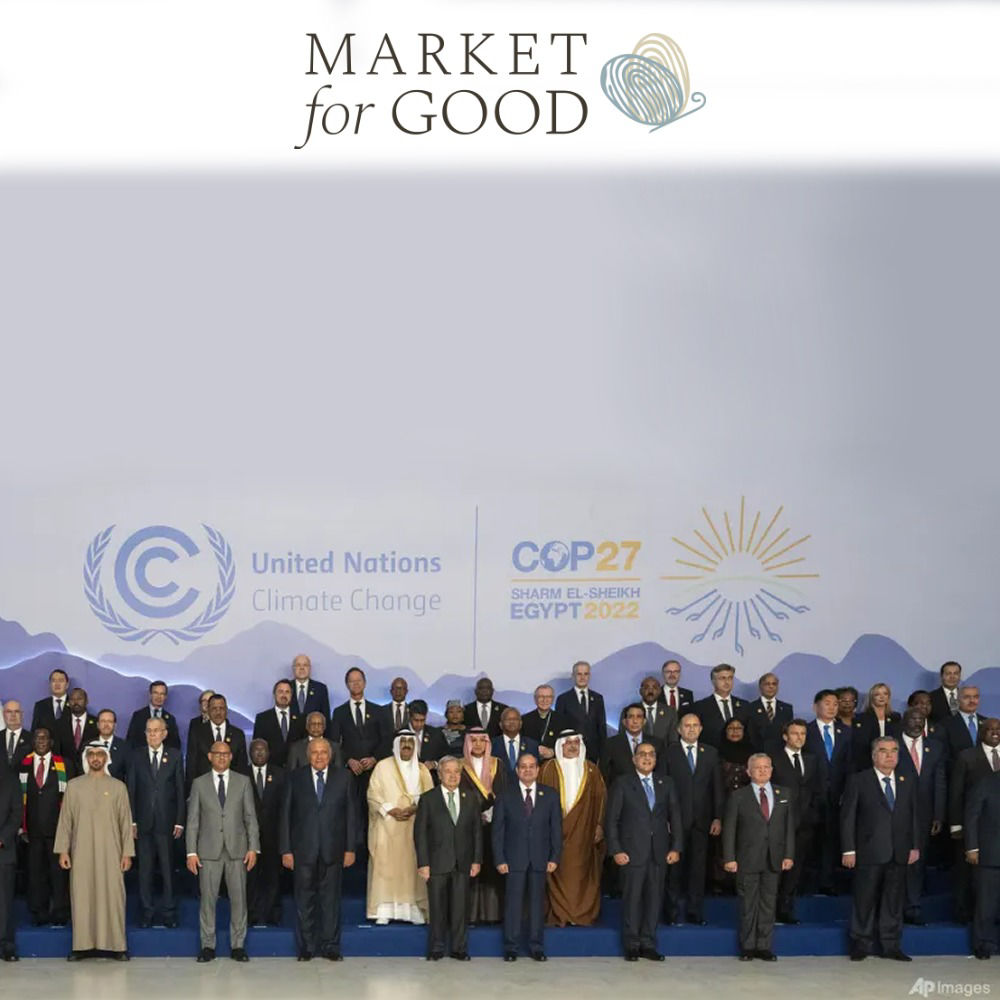
Standing Amid the Carnage

There is no doubt that the break-neck pace with which technology improves has brought about an unprecedented degree of convenience; we are now able to order food and connect with our relatives with ease thanks to the advent of the internet, but as we will see in the subsequent paragraphs of this article, it all comes at a great cost to our environment, thereby aggravating the existential threat that climate change poses to all humanity.
The Extent of the Damage

How did we come to stand at the edge of truly irreversible and irreparable damage at the hands of climate change? The UN’s Secretary General pins it on our collective “addiction” to fossil fuels, because it is fossil fuels which enables convenience after all; it is a degree of convenience that most of us in the developed world take as a fact of life, and never really give a second thought.
It is against this backdrop of relative ease and comfort that a child is lost to hunger every ten seconds, around nine million people die from hunger and hunger related diseases annually; and as 882 million people suffer from undernourishment, a third of food meant for human consumption is wasted.
Changing Course

Just because we are headed straight for an environmental disaster and existential threat, all hope is not lost, but we have to act now. If we are to avert this crisis, tripartite collaboration between the private, corporate, and government sector is absolutely vital if we are to build a truly sustainable society.
It would be apt at this juncture to delve into a little more detail as to how each of these sectors can contribute toward creating a sustainable future for all. We begin with what we can do as individuals to combat the present climate crisis; most of us have heard of the three Rs as a means to fight against the existential threat that is climate change. This approach, as we recall from the days of our youth, asks that we reduce our consumption and use of products and services which contribute to carbon emissions, thereby increasing our carbon footprint; the three Rs also calls for us to reuse and recycle, which essentially asks us to forgo the use of single-use plastics, as they are non-biodegradable, in favor of bags made of recyclable material. An emphasis on recycling as much as possible, together with reducing our carbon footprint and reusing as much material as possible, remains the most effective method of combating climate change on an individual level; this is however, not the only course of action we have at our disposal as individual consumers. We have it within our power to demand that multinational companies (MNCs) take stock of their social and environmental impact, so that they might be better equipped to lead the charge against climate change
Coming Together

Leaders gather for a photo at the COP27 UN Climate Summit, in Sharm el-Sheikh, Egypt, on Nov 7, 2022. (Photo: AP /Nariman El-Mofty)
Progress has undoubtedly been made in terms of the international community’s response to the climate crisis; the existence of documents such as the Paris Agreement and the United Nations Framework Convention on Climate Change (UNFCCC) is proof of the international community’s willingness to change course in order to avoid this crisis. It will take far more than ink on paper however, if we truly wish to build a sustainable future for all.
With the leading scientific authority on climate change, the Intergovernmental Panel on Climate Change, (IPCC) warning us of the extremely precarious position we have put ourselves in with regard to climate change, the meeting of the international community at COP 27 held in Egypt, to discuss concrete strategies to deal with the ill-effects of climate change, could not have come at a more opportune time. The IPCC has urged immediate action against climate change, and with COP 27, it is hoped that the international community has grasped both the severity of our current situation, and the urgency with which we must act to change course.
Market for Good: A Market for Change
Having mentioned the fact that we as consumers must demand that the corporate sector spearhead the fight against climate change, it would perhaps be appropriate at this point in the article, to provide a means through which the corporate sector can work to build a sustainable future. We at market for Good enable our clients, through our various gifts and services, to fulfil their environmental, social, and governance (ESG) goals, which will allow them to remain mindful of the impact that is being left behind as a result of their operations. We help our clients accomplish this by providing them with a Certificate of Impact, which displays the various United Nations Sustainable Development Goals (UNSDGs) they have supported through our various gifts and services.
